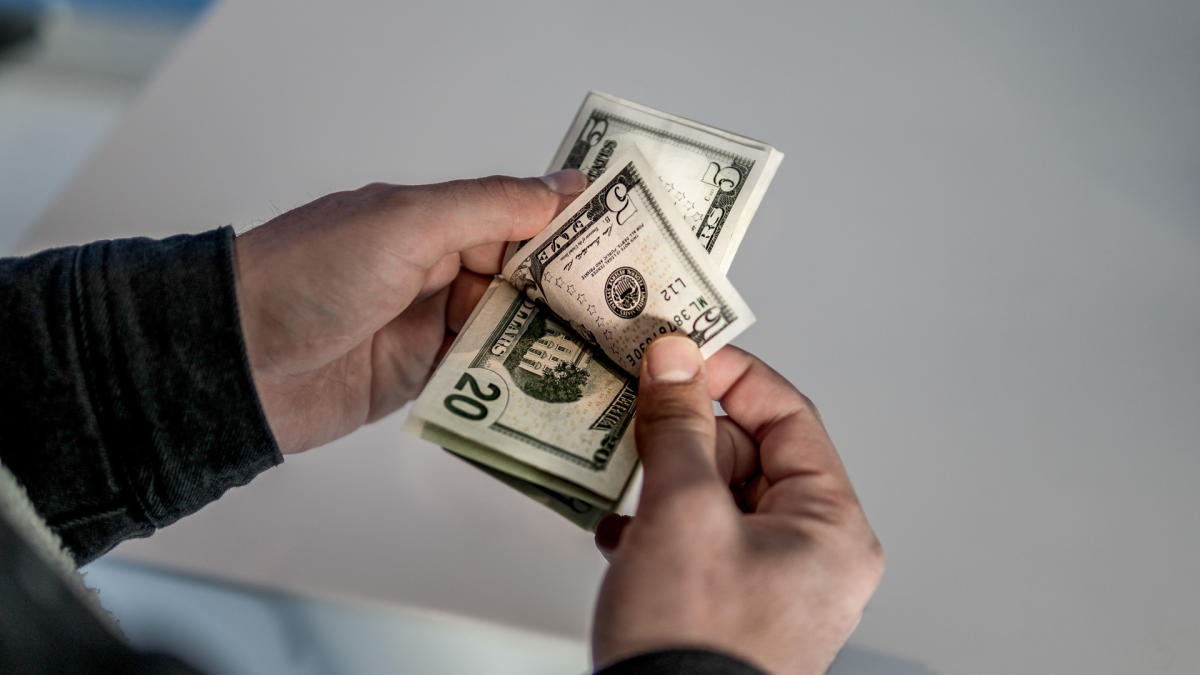The millennial generation has firmly set itself on the pole position in terms of the workplace and our culture. With 72.2 thousand people and the oldest members over the age of 40, they are today the largest and probably the most influential generation. So it’s worth studying your money habits-and, unfortunately, you peril being in a world of suffering.
Millennial financial habits

According to many reports, the millennial generation is the most educated generation in the history of the United States—and this by far. Take a look at this chart from Pew Research.
Nevertheless, you have a problem. Despite all this higher education, they had the highest unemployment and earn 20% less than their parents at the same stage of life.
And to add insult to health issue, a s Refinery reports 29 “” 66% of the participants surveyed believed that their savings accounts alone would be enough to count in 20 years.” This means that they would rather save money than invest.
But as other data show, preference does not always mean action. Bank of America reports that only 1 out of 5 millennials has started saving at all, and of those who have done so, 40% have only 5,000 gold or less in the bank. The same study cited by Refinery 29 reports that 88% of millennials say they want to save more, but only 36% say they want to spend less.
What does this show us?

Many millennials have a very small total of financial intelligence, and the knowledge they have about money comes from the old rules of money that no longer work. This confirms that millennials need a new financial game plan.
To say that this research is worrying would be an understatement. In the new world of money, savers will always lose… and we can’t afford for our biggest generation to be financial losers.
Millennials value experiences
When Rich Dad Poor Dad came out, Robert Kiyosaki wrote to a baby Boomer audience; a generation that liked to buy things like cars, houses and TVs.
The millennial generation, which is becoming the young mature of today, has a different ethic. They are more into experiences. As USA Today reports, “a recent Harris Group study found that 72 percent of millennials plan to focus on ‘experiences instead of body things’ in their future spending.”
There is even a touch of moral superiority among those who live like this. As Marian Salzman, CEO of havas PR North America, writes for “Forbes:

“Shop until you fall.” Whoever expired with the most toys wins.” “Greed is good.” These beliefs now seem as outdated as John Hughes’ leggings and movies. They look like relics not only from the 80s, but also from an ancient civilization. It’s hard to believe that people said them (even ironically) during our lifetime.
It’s awesome what a difference a generation can make. But it’s not just a generational gap in the middle materialistic baby boomers, nihilistic gen xers and optimistic millennials. It is a change in cultural values. Capitalism has fundamentally changed and will not return.
Salzman cites research results from his parent company Havas Worldwide and writes:
People prefer to drop their purchases rather than shopping until they drop, and this sharing is good. People began to consider shopping as a necessary evil. It is something that we still have to do and that sometimes we even enjoy (with feelings of guilt), but most of us no longer brag about it.
